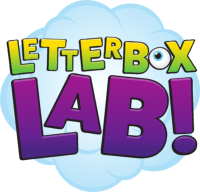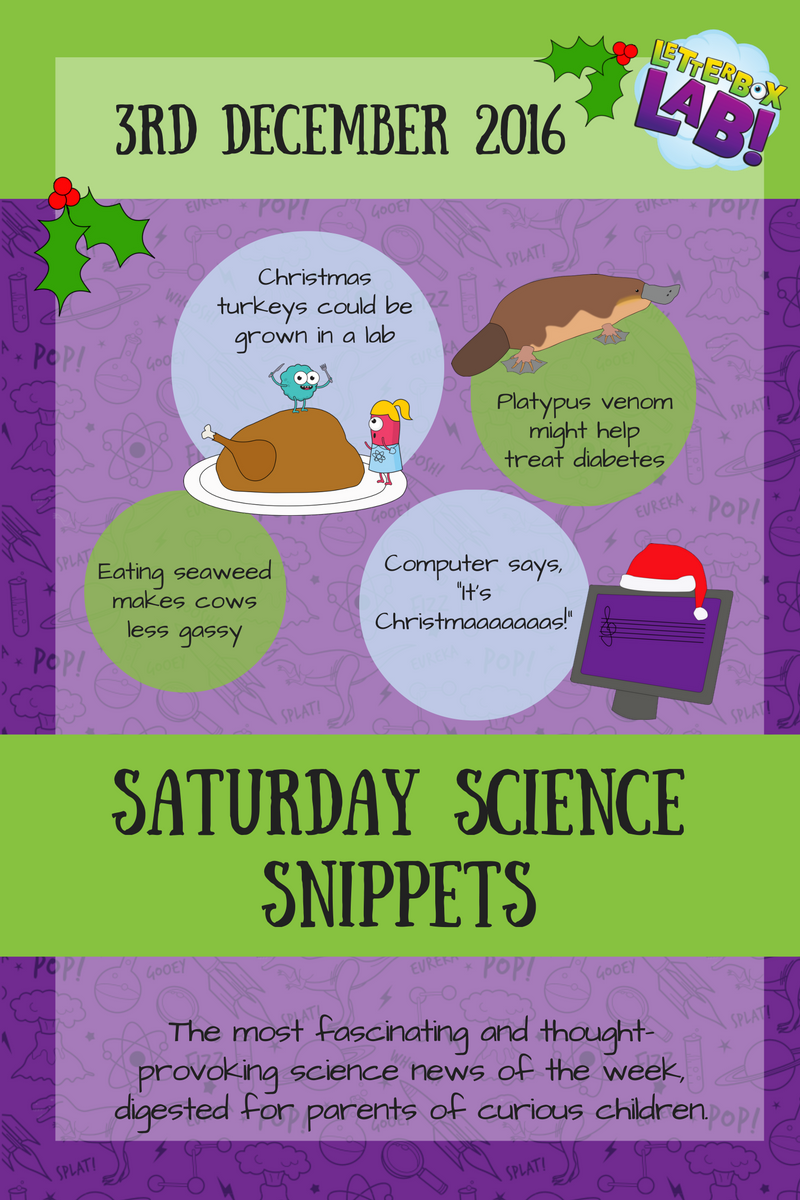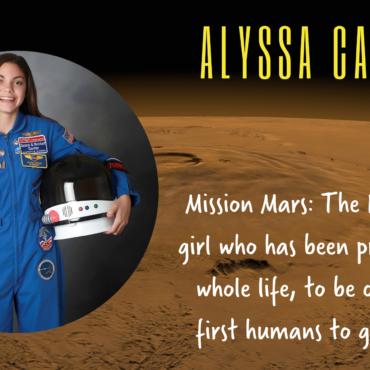Platypus venom might help to treat diabetes
The Platypus is a weird little creature. It’s like a mammal that wants to be a duck with its egg-laying, webbed feet and bill. It’s so unlike other mammals that when British scientists were first sent a (deceased) specimen some thought that someone had stuck parts from different animals together as some elaborate hoax.
They also have venomous ankles! Well, the males have venomous ankles which they mostly seem to use against each other when competing for females. Stranger still is that the hormone that stimulates the release of insulin is found in the platypus’ venom. This hormone is much more stable in the platypus than our equivalent is in us. The instability of the hormone in humans is a problem for diabetes treatment – it breaks down too quickly. Finding a more stable hormone, like the one in platypus venom, that sticks around and does its job for longer could be a big help to those suffering from type II diabetes.
Read more here.
Eating seaweed makes cows less gassy
Cow burps are a bit of a problem! When grass ferments in their complex digestive systems it produces loads of the greenhouse gas methane, most of which comes out the animal’s mouth. Our vegetarian and vegan friends would point out that there’s an obvious solution to this problem.
A less obvious solution, but one that allows you to still enjoy a cheeseburger, is to let the cows eat seaweed. It was noticed that cows that live near the ocean like to munch on a bit of seaweed and they are often heavier and healthier than their inland cousins. On further investigation it was discovered that seaweed-eating cows produce much less methane. A chemical in the seaweed inhibits the digestive enzymes that produce methane. One study showed a stonking 99% reduction in methane production. Problem solved? Back to the burgers? An exciting development but, we are going to need a lot of seaweed to feed the Earth’s 1.5million cows.
Read more here.
Christmas turkeys could be grown in a lab
In case we don’t manage to get the huge seaweed farms up and running, science is working on another way of producing meat in a more environmentally friendly way – growing it in a lab. If you take some stem cells out of a tasty animal and feed those cells a broth of sugars and amino acids they can keep on growing. Sometimes called culture meat, this technique produced a hamburger in 2013, but the whole process cost over £200,000 and apparently it wasn’t even that good.
But, the technique will keep improving, and if it goes from the lab to mass production costs will come down a lot. Some are speculating that the developments in this science could lead to the first lab grown turkey meat hitting Christmas tables by 2030.
Farms could be replaced with barrels of growing meat. Our countryside, now mostly grass, could return to being forests. With no actual animal wasting nutrients moving around and growing its inedible parts it is a much more energy efficient, environmentally friendly and less cruel way to produce meat. But will the public accept meat produced in such an unnatural manner?
Computer says, “It’s Christmaaaaaaaas!”
Christmas songs are blasting from the Letterbox Lab while we experiment with our latest ideas for our science subscription boxes. We have very strict rules on what can be played, the song has to mention Christmas and preferably celebrate it.
Anyway, that’s not science news. What is science news, kind of, is that a computer in Toronto has written a Christmas song! This neural network computer was trained to understand scales and melodies in order to compose music. Incredibly, after being fed just a photograph of a Chistmassy scene it converted the visual it into a song. The song is terrible (unsurprisingly) but it’s amazing that the computer could come up with it. Think of the potential – send a photograph off and have it converted into a song!
Read more here and listen to the, erm, delightful song below.







Add Comment